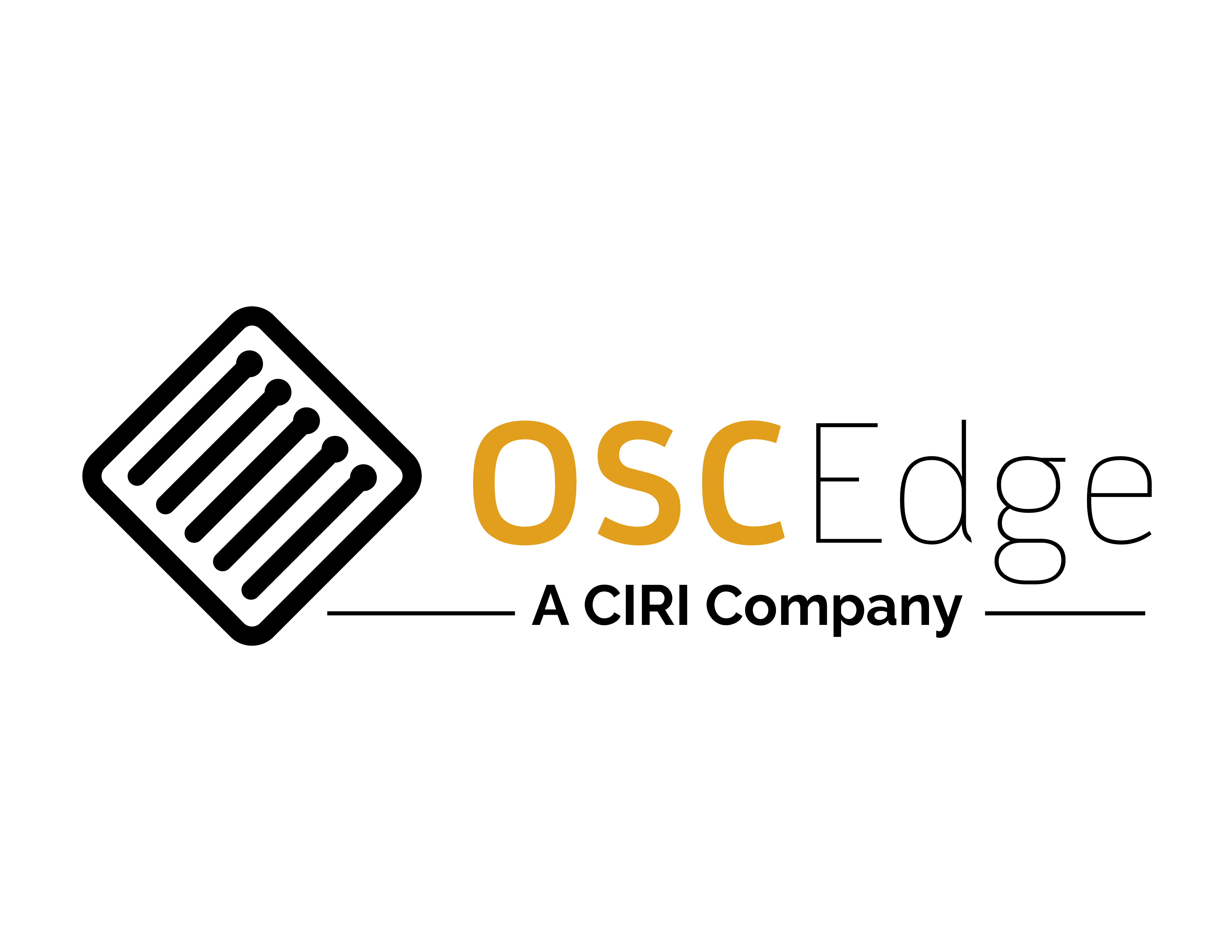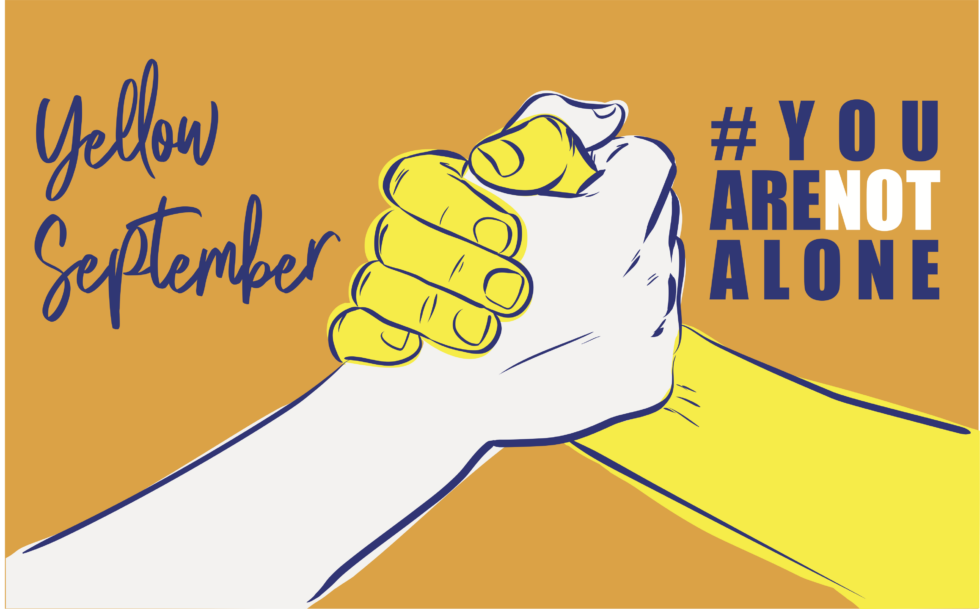By: Christina Adlam
The Importance of Suicide Awareness
Suicide is a leading cause of death in the United States. Suicide is a serious public health problem that can have lasting harmful effects on individuals, their families, peers, and communities. While there are many factors that contribute to suicide, the objective of suicide prevention is to understand and the reduce factors that increase risk and promote resilience.
Prioritizing mental health & wellness in the workplace
Suicide is a complex and ongoing issue that must be addressed from various angles effectively. This article is designed to inform and encourage implementation of suicide prevention efforts in any setting. Since 2020, over 80% of employees have reported experiencing mental health issues due to the coronavirus pandemic.
Mental health is one of the country’s most crucial public health issues — and a top workforce wellness concern for employers today. In fact, 76% of respondents reported at least one symptom of a mental health condition in the past year, up from 59% in 2019.2
As a leader in the workplace, you may be one of the people your employees will turn to for help when facing mental and emotional stress. Leading with empathy and responsiveness will help you establish a healthy workforce where your employees feel safe, respected, and encouraged. Prioritizing mental well-being in the workplace is key to overall growth and success.
The National Institute of Mental Health (NIH) details strategies to address suicide:
Suicide Prevention Ideas for Action:
- LEARN and understand the signs
- ENCOURAGE OUR PEERS to learn and be able to identify the warning signs
- ENGAGE with those who have with lived experience.
- CREATE SAFE AND EFFECTIVE MESSAGES for the public that promote hope, recovery, and resilience
- ENCOURAGE SEEKING HELP by spreading the word and sharing resources that promote healing
- SUPPORT those who are struggling mentally and emotionally
- GET INVOLVED and empower those, and communities promoting suicide prevention
- PARTICIPATE in conversations about suicide prevention
- KNOW how to find help
How Can I Help?
- Ask them.
ASK: “Are you thinking about killing yourself?” It’s not an easy question, but studies show that asking at-risk individuals if they are suicidal does not increase suicides or suicidal thoughts.
- Make sure they feel safe
KEEP THEM SAFE: Reducing a suicidal person’s access to highly lethal items or places is an important part of suicide prevention. While this is not always easy, asking if the at-risk person has a plan and removing or disabling the lethal means can make a difference.
- Be an open ear
BE THERE: Listen carefully and learn what the individual is thinking and feeling. Research suggests acknowledging and talking about suicide may reduce rather than increase suicidal thoughts.
- Help them connect
HELP THEM CONNECT: Save the 988 Suicide & Crisis Lifeline number (call or text 988) and the Crisis Text Line number (741741) in your phone so they’re there if you need them. You can also help make a connection with a trusted individual like a family member, friend, spiritual advisor, or mental health professional.
- Follow up
STAY CONNECTED: Staying in touch after a crisis or after being discharged from care can make a difference. Studies have shown the number of suicide deaths goes down when someone follows up with the at-risk person.
How OSC Edge supports their employees:
- OSC Edge provides to all full -time active employees a life and accidental death and dismemberment (AD&D) benefit equal to 1 times your annual salary
- OSC Edge provides a Short-Term Disability Benefit to all eligible full-time employees
- OSC Edge offers a Long-Term Disability (LTD) benefit through MetLife to all eligible employees.
- OSC EDGE provides you the opportunity to pay for out-of-pocket medical, dental, vision and dependent care expenses with pre-tax dollars through Flexible Spending Accounts.
- OSC Edge informs you of available resources to fit the needs of any and all employees.
OSC Edge does not discriminate based on race, color, national origin, age, disability, or sex. In addition, OSC Edge:
- Provides free aids and services to people with disabilities to communicate effectively with us, such as:
- Qualified sign language interpreters
- Written information in other formats (large print, audio, accessible electronic formats, other formats)
- Provides free language services to people whose primary language is not English, such as:
- Qualified interpreters
- Information written in other language
These are just a few ways OSC Edge supports the overall well-being of staff members. We have found that those who are supported and have a pleasant workplace experience and are more likely to be motivated, productive, and satisfied with life.
Together, We Can Make a Difference
Encouraging open and frank conversations and offering useful resources to support employees can play a major role in culture for many companies and organizations, small and large; so, let’s just take minute to imagine the shift that could take place in our nation if collectively we used our platforms and available resources to proactively tackle mental health issues. With the shift of the work environment, we have a great opportunity to make a substantial, meaningful impact in an area that affects not only ourselves, but others.
As we move forward, together, we must not lose focus on the importance of mental health. We all have a role to play. It is essential for the well-being of our employees, customers, their loved ones, and the missions we serve.
Resources
If you or anyone you know are experiencing mental health-related distress or are worried about a loved one who may need crisis support, contact the 988 Suicide and Crisis Lifeline. Call or text 988. You can also contact the Crisis Text Line (text HELLO to 741741).
You can also connect with a trained crisis counselor at 988lifeline.org. 988 is confidential, free, and available 24/7/365. Visit the 988 Suicide and Crisis Lifeline for more information at 988lifeline.org
The Veterans Crisis Line connects Service members and Veterans in crisis, as well as their family members and friends, with qualified Department of Veteran’s Affairs (VA) responders through a confidential toll-free hotline, online chat, or text messaging service.
Dial 1-800-273-8255 and Press 1 to talk to someone or send a text message to 838255 to connect with a VA responder. You can also start a confidential online chat session at Veterans Crisis Chat.
2 Kelly Greenwood and Julia Anas, “It’s a New Era for Mental Health at Work,” Harvard Business Review, October 4, 2021.
U.S. Department of Health and Human Services. (n.d.). Suicide prevention. National Institute of Mental Health. Retrieved September 26, 2022, from http://www.nimh.nih.gov/health/topics/suicide-prevention


